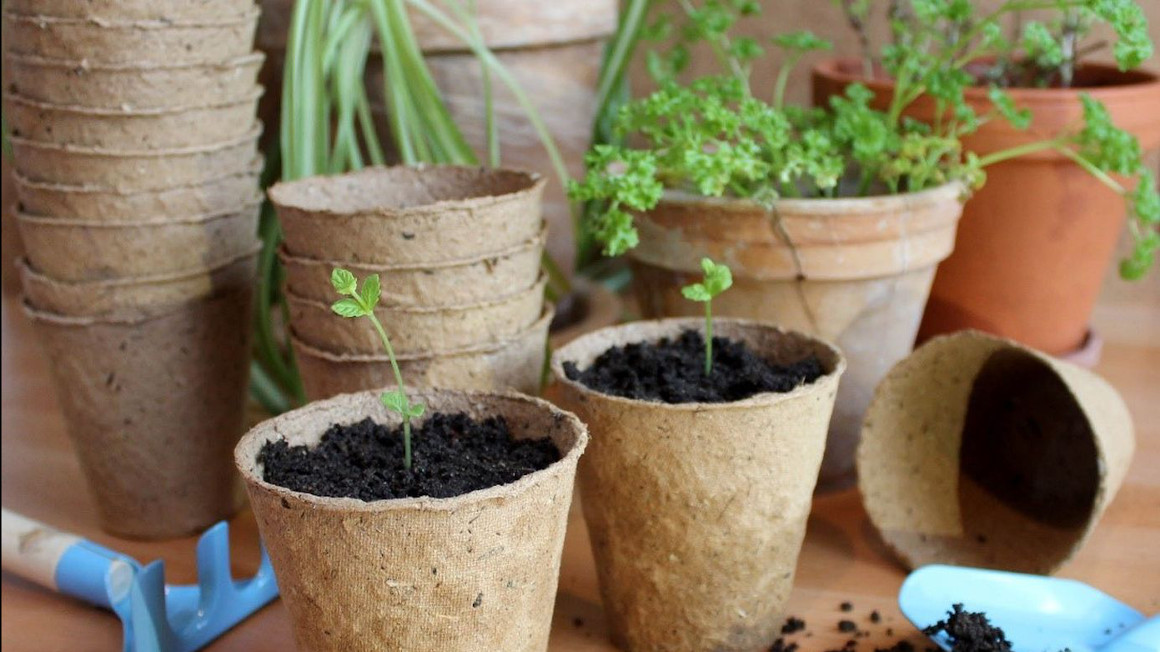More bioeconomy in the garden
"Gardening without plastic waste" is the motto of a research consortium that develops innovative products such as plant pots from poplar wood and bark.

With the first sunny days, the gardening season has begun for many. This includes growing herbs and vegetables in plant pots - but these are usually made of plastic and often end up in the trash after repotting. A research team led by Norbert Weber from the Technical University of Dresden has set itself the goal of avoiding these mountains of waste from plastic pots when gardening. As part of the EU project Dendromass4Europe, innovative products are to be created from the wood and bark of the poplar - including biobased and biodegradable plant pots.
Innovative products from poplar wood and bark
The Dendromass4Europe project, which will run for five years, was launched in 2017 and is funded with a total of 9.8 million euros as part of the European Union's Horizon 2020 research and innovation program. The total of ten partners from eight countries are pursuing the goal of replacing fossil materials with innovative biobased materials from agricultural tree crops such as poplars. One concern is to process all the woody components of poplars into high-quality products. The carbon dioxide bound in the bark is also to be stored in the long term.
The source of raw material for the fast-growing wood is a 1,300-hectare area in northwestern Slovakia - in the immediate proximity of a workshop belonging to project partner IKEA Industry. In the future, the poplar wood will be the raw material for building even lighter furniture. In the sense of a sustainable bioeconomy, what is not used in furniture construction will be processed by other companies into new types of products.
Substance from poplar bark protects plant pot from mold
The extensive value creation of poplar in terms of sustainability is now being exploited by two new project partners. With the packaging manufacturer Pulp-Tec Compound GmbH & Co KG. from Polenz in Saxony and the Czech company TerrainEco, which specializes in products made of wood-plastic composites (WPC), Weber's research consortium has been able to win over two companies for the further use of the wood residues.
For years, Pulp-Tec Compound has been producing fiber castings, an environmentally friendly packaging material made from recycled cardboard or paper that is processed into egg cartons, among other things. Together with researchers from the Technical University of Dresden, the fiber castings were also made resistant to mold, making them suitable for use as flower pots. The researchers found the necessary fungicidal substances in the poplar bark. These substances were eventually integrated into a product developed by Pulp-Tec Compound called BIOFORM. The plant pots can be placed in the soil, where they completely dissolve after a few months.
New wood-plastic composites from poplar wood
TerrainEco, on the other hand, wants to develop a process in the project that allows poplar bark to be used in wood-plastic composites, or WPCs. WPC is popular because it is chic like wood yet durable like plastic. It is the preferred material for decking, fencing and cladding. Previously, the expensive raw material wood was used for this purpose.
bb


